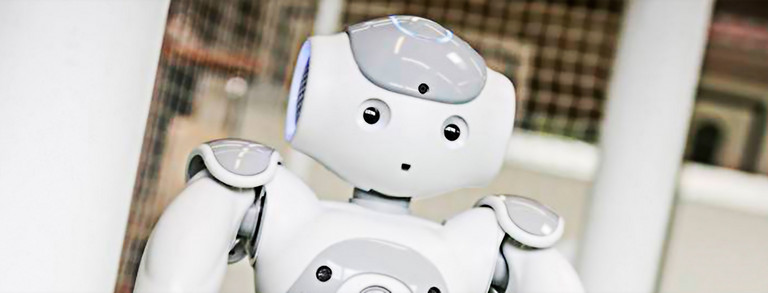MERCUR Awards €700,000 for Two New Collaborative Research Projects
- UA Ruhr
- Top News
- Research

“Narrative Economics Alliance Ruhr” (NEAR)
Back in the 1980s and 1990s, many sciences experienced what is referred to as the “narrative turn”: An interest in subjective interpretations by stakeholders and through social discourse. It was only a few years ago, when Nobel Prize laureate Robert Shiller added the new research field of “Narrative Economics” to the agenda, that economics also adopted this approach.
With the “Narrative Economics Alliance Ruhr” (NEAR), the groundwork is now being laid for developing UA Ruhr into one of Europe’s leading locations in this new field and for upgrading UA Ruhr’s competence field of “Empirical Economic Research”. The aim is to undertake excellent preparatory work together in the run-up to applying for a Research Training Group of the German Research Foundation. In this context, the project contributes to research on a theoretical, methodological and empirical level. In terms of content, the focus lies on sustainability narratives. NEAR bundles expertise in economic theory, business journalism, finance, and statistics/econometrics. Networking workshops have already triggered interdisciplinary exchange, which is continuing within UA Ruhr and at international level. Representing TU Dortmund University in the project are Professor Carsten Jentsch from the Department of Statistics and Professor Henrik Müller from the Institute of Journalism. Consortium partners are Professor Michael Roos (Ruhr-Universität Bochum (RUB), Chair of Macroeconomics), Professor Martin Hibbeln (University of Duisburg-Essen, Chair of Finance) and Professor Torsten Schmidt (RUB, Faculty of Economics). Funds of €460,000 are available.
“Quantum Fields and Quantum Materials”
The Standard Model of Particle Physics subsumes all key knowledge about the fundamental structure of nature. From a methodological perspective, it is a relativistic quantum field theory that describes – surprisingly accurately – phenomena at high energies. In contrast to particle physics, the physics of solids occurs at much lower energies. In fact, however, relativistic quantum field theories play an essential role here too, for example in graphene and exotic phase transitions. In addition, many otherwise completely different quantum field theories from particle and solid-state physics are connected by what are known as duality conjectures.
In two project strands, the project “Quantum Fields and Quantum Materials” will shed light on the critical behavior of such quantum field theories and on questions about dualities so far unanswered, but which are important for understanding both quantum phase transitions as well as quantum chromodynamics. In so doing, it will use modern renormalization group methods. Two professors are participating in the project on behalf of TU Dortmund University: Gudrun Hiller, Professor of Theoretical Physics and Field Theory, and Emmanuel Stamou, Junior Professor of Theoretical Flavor Physics. Together with Professor Michael Scherer from RUB, they will contribute to the systematic further development of quantum field theory. The project has been awarded funds of around €240.000.
University Alliance Ruhr
Ruhr-Universität Bochum (RUB), TU Dortmund University and the University of Duisburg-Essen have been working closely and strategically together under the umbrella of UA Ruhr since 2007. By joining forces, the partner universities’ performance is systematically upgraded. Reflecting the motto “better together”, there are meanwhile over 100 cooperative projects in research, teaching and administration. With over 120,000 students and almost 1,300 professors, UA Ruhr is one of Germany’s largest and top-performing centers of science and research.





![[Translate to English:] Partner Four hands are holding the green logo of TU Dortmund University](/storages/tu_website/_processed_/1/d/csm_Partner_Nicole_Rechmann_KW_670eba0154.jpg)




![[Translate to English:] Forschung An apparatus with tubes in a laboratory](/storages/tu_website/_processed_/0/c/csm_Forschung_Juergen_Huhn_4fa3153b51.jpg)
![[Translate to English:] Studium Five students are sitting in a lecture hall. They are talking to each other.](/storages/tu_website/_processed_/c/9/csm_Studium_FelixSchmale_dbdbfb0dd7.jpg)





